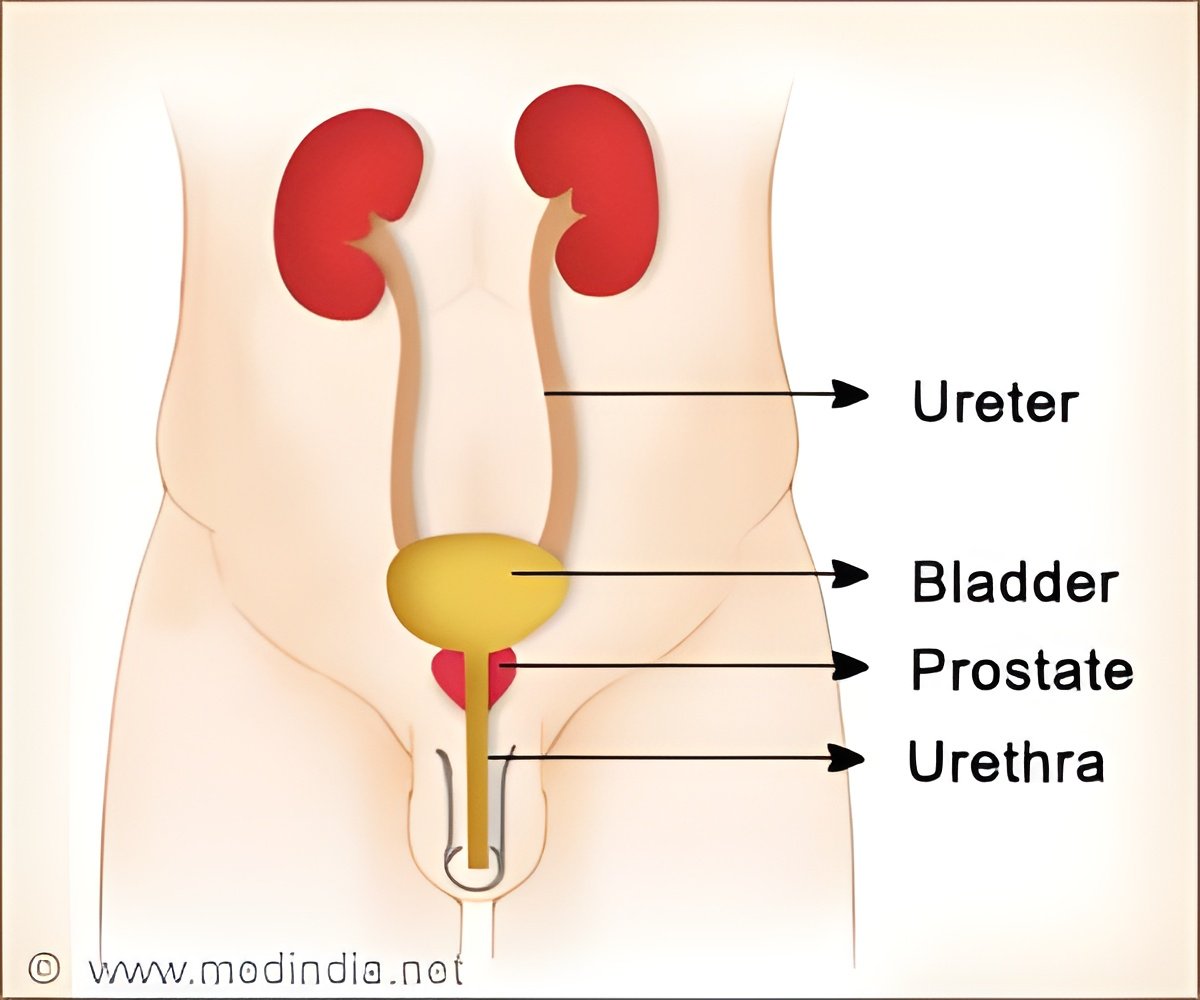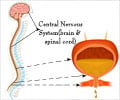Finally there's one thing men don't complain about soon. Men endure stress urinary incontinence for more than two years before seeking medical help and one-third of men with stress incontinence put up with it for more than five years

‘Some men who have prostate cancer treatment involving surgery develop stress urinary incontinence or accidental urine leakage. Men endure stress urinary incontinence for more than two years before seeking medical help and one-third of men with stress incontinence put up with it for more than five years.’





"Our goal is to spread the word that effective and safe treatments exist for men with stress urinary incontinence, but also to facilitate an immediate and accurate diagnosis among stress urinary incontinence patients," said Dr. Joceline Fuchs, Assistant Instructor of Urology and first author of the study. Stress urinary incontinence (SUI) occurs when physical activity or exertion - a cough, heavy lifting, exercise - causes the bladder to leak urine. About 13 million Americans suffer from some degree of incontinence, with women accounting for 85 percent of cases. However, some men who have had prostate cancer treatments involving surgery (prostatectomies) develop the condition.
Even though men are slow to complain, "Male SUI is rare but is known to have significant negative psychosocial and emotional effects and represents a common reason for post-treatment anxiety and depression," said Dr. Allen Morey, Professor of Urology at UT Southwestern and senior author of the study.
But there are simple and safe solutions - including minor surgeries that can either help boost a weakened sphincter muscle for patients with minimal leakage (the sling procedure), or replace the sphincter muscle altogether (installation of an artificial urinary sphincter) for more severe cases of leakage.
"Using new diagnostic techniques, we are now able to accurately diagnose and streamline treatment recommendations to resolve this bothersome problem for our patients," said Dr. Morey, who holds the Distinguished Chair in Urology for Urologic Reconstruction, in Honor of Allen F. Morey, M.D., and the Paul C. Peters, M.D. Chair in Urology. "This study highlights an opportunity for improvement."
Advertisement
Most recovery of urinary control occurs within the first 12 months after a prostatectomy, the study notes. Beyond the first year, improvement is unlikely. Care for such patients should include urologist-directed treatment plans that focus on non-cancer problems such as incontinence, researchers said.
Advertisement
The American Cancer Society Prostate Cancer Survivorship Care Guidelines recommend screening for long-term functional effects such as urinary incontinence after prostate cancer treatment, the study points out, and those guidelines have been endorsed by the American Society of Clinical Oncology.
Incontinence help
UT Southwestern physicians offer patients who suffer from incontinence outstanding expertise in urodynamic studies - the use of X-ray imaging to help diagnose the causes of incontinence. UTSW physicians were the first in North Texas to offer the botulinum toxin injection for neurogenic bladder dysfunction in men and women. UTSW physicians offer unique treatments, like electrical stimulation, to patients who are unresponsive to other therapies and others that are offered at only a few medical institutions in the world. Treatments can include:
- Behavioral therapy
- Biofeedback
- Drug therapy
- Exercise
- In-office procedures
- Incontinence surgery
- Palliative measures
Source-Eurekalert















